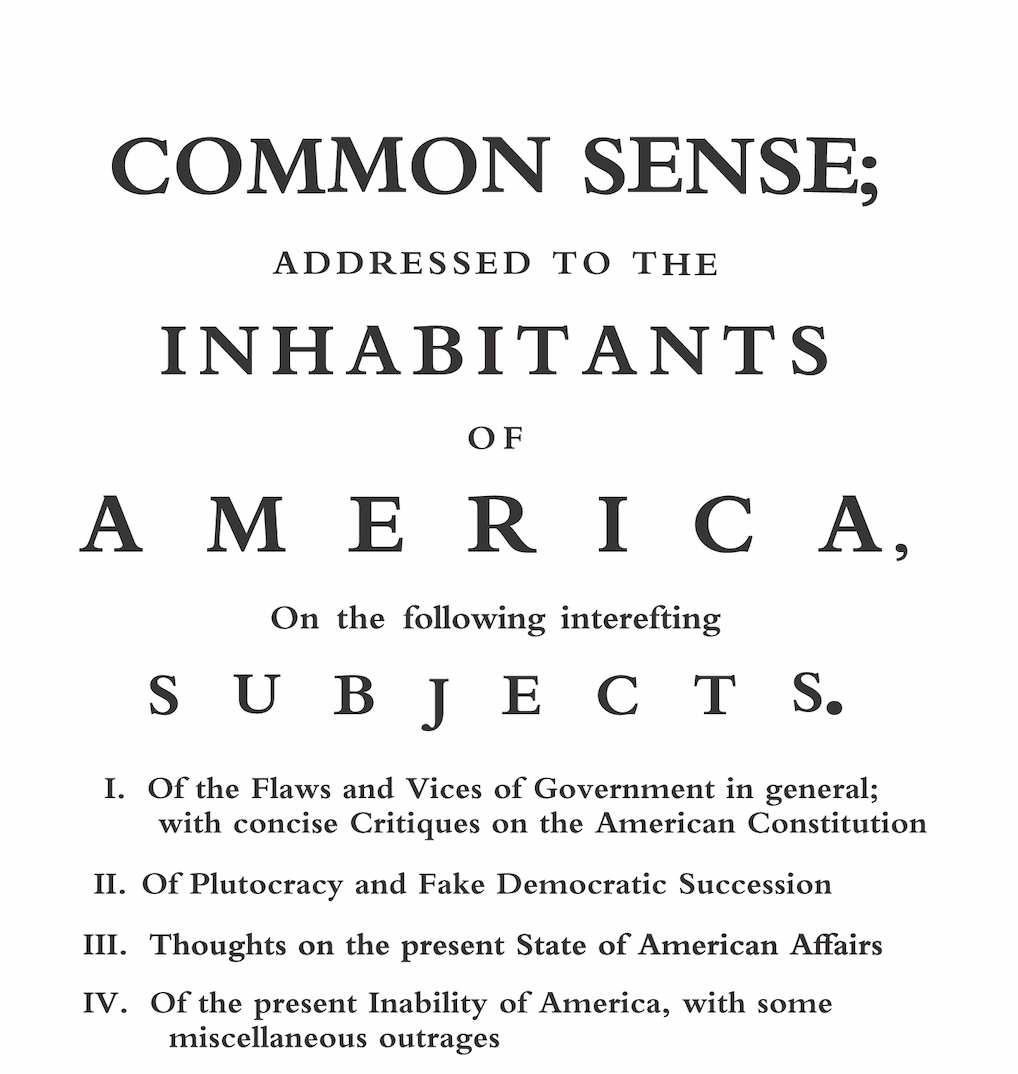“Is the language of silence that of the refusal of language or, to the contrary, the language of the memory of the first word?” asks Edmond Jabès. Carlos Soto-Román’s COMMON SENSE is a poem of many silences, a revision of the way we codify and make palatable mass violence and ignominy—yet it is also a poem against silence, a relentless and unflinching testimony of decisions that have shaped, and are shaping, our century, and us in it. COMMON SENSE insists that we must expose iniquity and examine it if we are to take collective responsibility both for it and for our inherent and ruinous capacity to perpetrate or condone or ignore it. This poem is a most generous act of humanity, and, as such, it is a world treasure.
— Anna Badkhen, author of Fisherman’s Blues
Bringing the poetics of Ulises Carrión and Heimrad Bäcker up to date, Carlos Soto-Román’s COMMON SENSE is a prime example of the political potential of conceptual writing. With an ear to both the cries and the silences of a vox populi, it paints a portrait of freedom in the age of the “free,” crowd-sourced database. Lifting the fingerprints of the corporate, financial, pharmaceutical, legal and bureaucratic, Soto-Román documents the crime-scene evidence of the realities of democratic ideals and the “facts” sought at the intersection of personal aspiration and imperial ambition. From computer crashes to space-shuttle crashes, from public suicides, assassinations, and executions to code-talkers and conscientious objectors, and down to the dollars, hours, and sheer numerical versions of the ominous accounting that the wikis of our cultural memory takes, here are a few of the lists that characterize our current crowd-sourced archives (including the archived catalogue of destroyed and lost archives—and within those archives: the Library of Congress call numbers of the poetry that would open the way for a poetry of call numbers). Which is to say: among the atrocities of this exhibition one can still make out some hints for—and even maybe hints of—protest, resistance, and insurrection.
— Craig Dworkin, author of The Pine-Woods Notebook
What is common sense? Says who? Reading this long poem by Carlos Soto-Román, I have to think about the missing subjects—those in power who’ve deserted the scene, as well as the victims of those in power—and the aftermath, the broken record. If the rulers have fled, why do their rules remain? Sorting through the output of imperialism, the myths of progress, we must ask again what is truly common. This is a book of questions in the form of answers, an anaphoric ride, a catalog of the disasters of acts and orders and treaties and resolutions and religions and states, punctuated by moments of disruption or refusal, blips of inevitable resistance, “says where do you / says draw the line?” Read it out loud and see what happens.
—Ryan Eckes, author of General Motors
~
2019 | $16
+ $5 shipping
